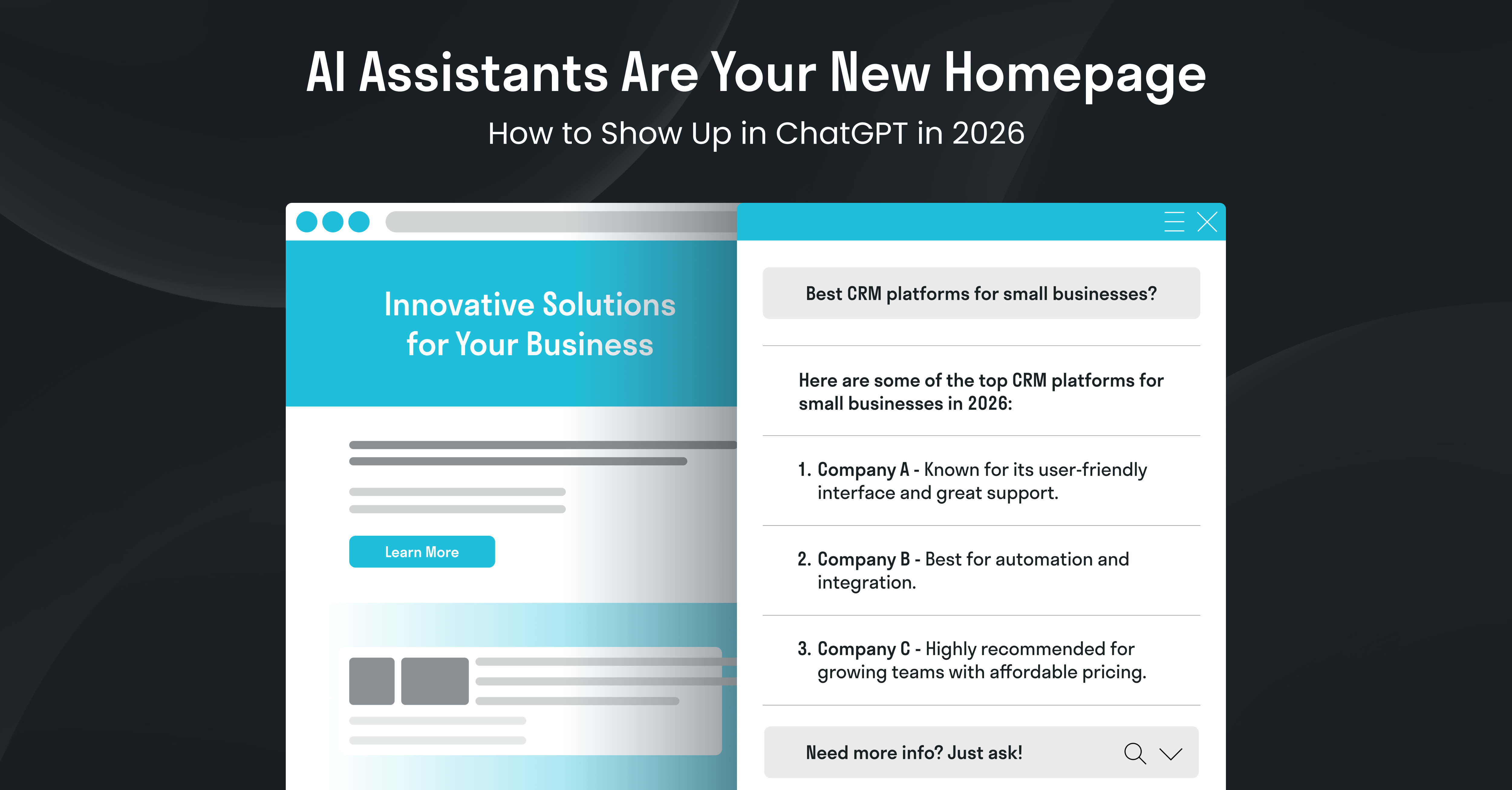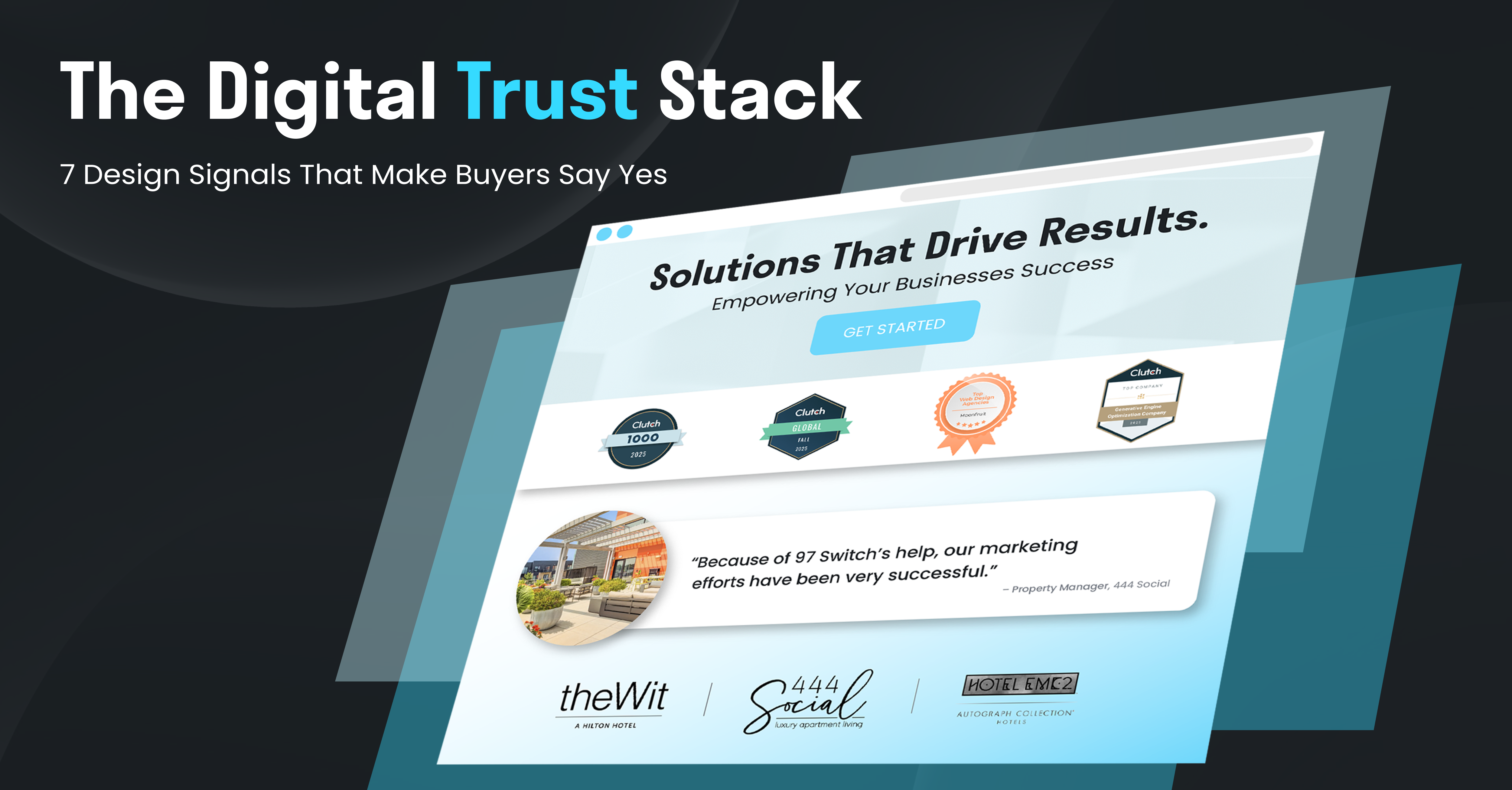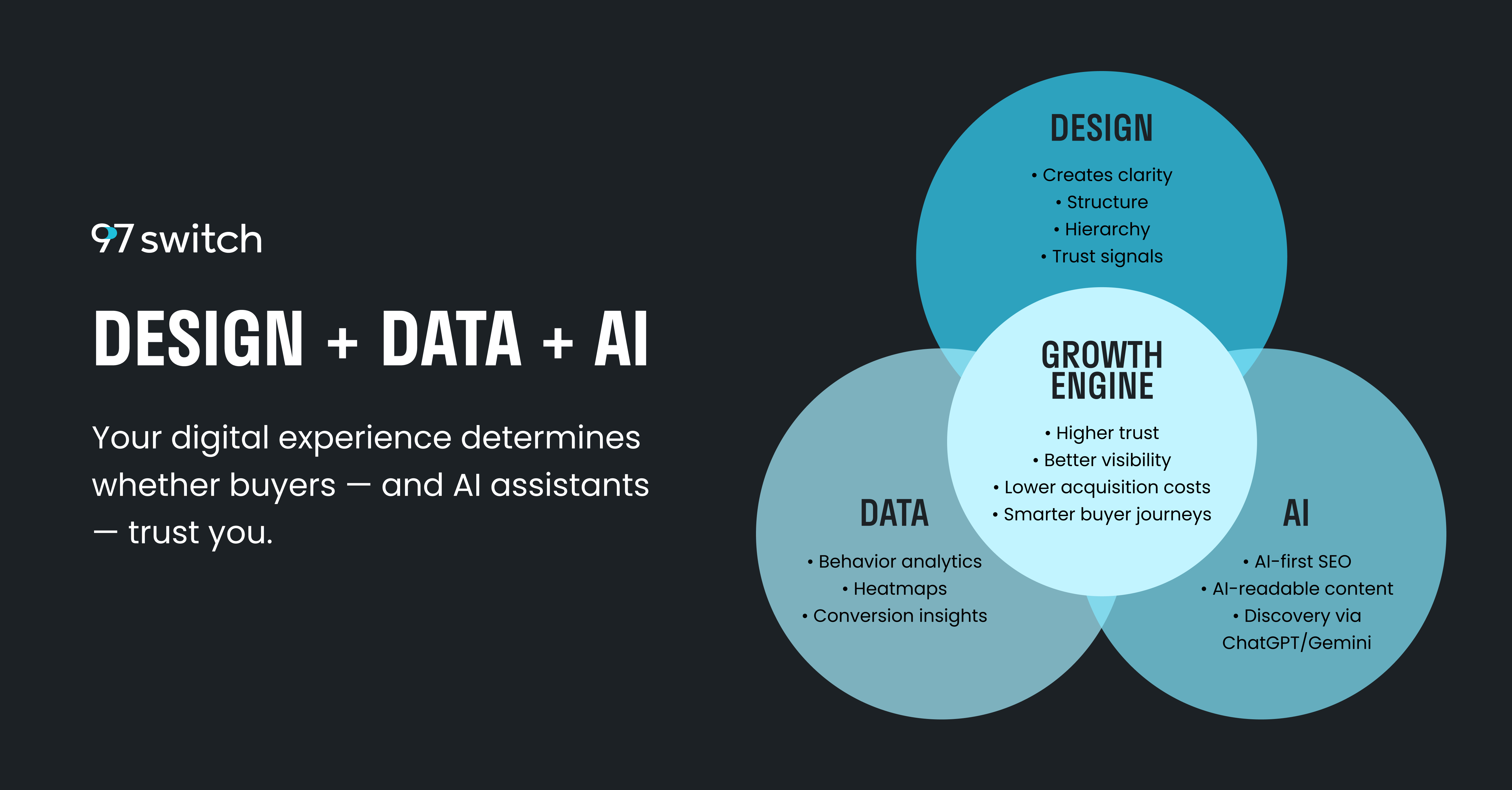The first moments on your website may be the most important. In these quick moments your users may decide to stay or leave. But you can do things that create a welcoming environment on your landing page for your users.Here are a few tips on what is affecting your website you can review now.
Make Sure Your Website is Secure
Starting in July 2018, Google Chrome, Firefox and other browsers started showing if your website is secured or not with an SSL Certificate right next to your URL in the browser. You can tell if your website is secure by the lock icon to the left of the URL and the https:// before your URL instead of http://.

Displaying an SSL Certificate on your website will make sure that users see that their connection to your website is “Secure.” They will see the lock icon and if you click you will see this message letting your users know they can trust your website.

Just because you have an SSL Certificate, you should keep up website maintenance to ensure there are no other security issues. While an SSL Certificate can build trust, it is not the only factor in keeping a website and information secure.If you do not have an SSL Certificate installed, your website will be shown as “Not Secure.” Browsers, like Google Chrome, may display a message like the one below warning users about your site.

Starting off with a secure website will allow your users to know that you are up to date and trustworthy online. There can be issues with installing an SSL Certificate so make sure to consider these before automatically making an update. It’s important to review after the SSL goes up that no issues occurred with the update.
Consider Website Page Speed
You may have a fast page speed and loading time, but there are many other factors that affect how your website will perform. You can consider the user experience (UX) while updating your landing pages and understand that just because your website loads quickly, it will not guarantee your users will convert.
The user experiences of websites like Amazon and Restoration Hardware are very different and as a result, their page ends up reflecting that because they are partly focusing on a specific experience that they want the user to interact with.


On a website like Amazon, users are often looking for a specific product that they want to buy and have delivered quickly. Their page speed reflects the urgency of their users, even though it is not perfect. A website like Restoration Hardware’s is more inviting for people to explore and consider the details of each product and the aesthetic they are trying to create in their space. Their load times are not as fast, but their users will engage because they are in less of a rush than the typical Amazon user.These websites represent businesses where expectations are very high, but their site speeds are not spectacular. Still, Google will use site speed as a factor in search rankings.In 2018 Google started using mobile load times as a factor in search rankings. Your site may load on your desktop quickly, but it is more important now than ever to make sure your website loads fast on mobile devices. It is not just users that will bounce off your website, but search engines will not recommend your site in the first place.You can test your mobile page speed and there are many ways to update your website’s mobile experience to create a more welcoming environment for users.Here are a few quick fixes you can make to try and increase page speed on desktop and mobile experiences.
- Consider Removing Full Page Pop-Ups
- Try Single Images instead of Automatic Carousels
- Use Standard Fonts that are Easy to Read
Your site’s page speed is part of the UX and even more important now as part of your search engine performance. Once users have landed on your site you can continue to build trust with a secure and strong user experience so you can help guide the rest of their journey.
Use Strong Call-to-Actions (CTA)
If your business is trying to generate leads online, you will want to use strong call-to-actions. What your CTAs look like depends on what you want your customers to do, how your sales process works and most importantly what will make your customers most comfortable and ready to buy.You can place a clear call-to-action that is visible when your customer lands on your website. This call-to-action is probably not a final action, but one that allows your customers to go into their decision-making process.Landing pages should all have a benefit-oriented value statement along with your call-to-action. Give your customers the reason why they want to continue in their process and allow them to delay if possible. Think of CTAs like
- Add to Cart vs. Buy Now
- Sign Up for Daily Advice vs. Sign Up
- Schedule a Free Demo vs. Subscribe Now
Your landing page experience should have opportunities throughout the page to take the actions that your customer wants. That could mean allowing click-to-call so that users can easily call your business. It could also mean an available email address or a contact form, so your users can connect with you online. Some businesses will use a chat feature or pop-ups as well.At any point in your customers’ experience they should be able to find the information they need and be able to take the action that they want. Creating landing pages that are secure, that load quickly and has strong call-to-actions and value statements can help your customers and generate more online leads for your business.Have an idea and want to talk about it? You can email me at josh@97switch.com or by calling (312) 212-0968. 97 Switch has been recognized as a Top Digital Marketing Agency in the US.






